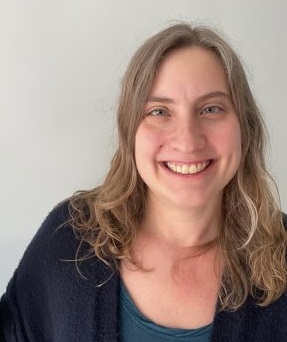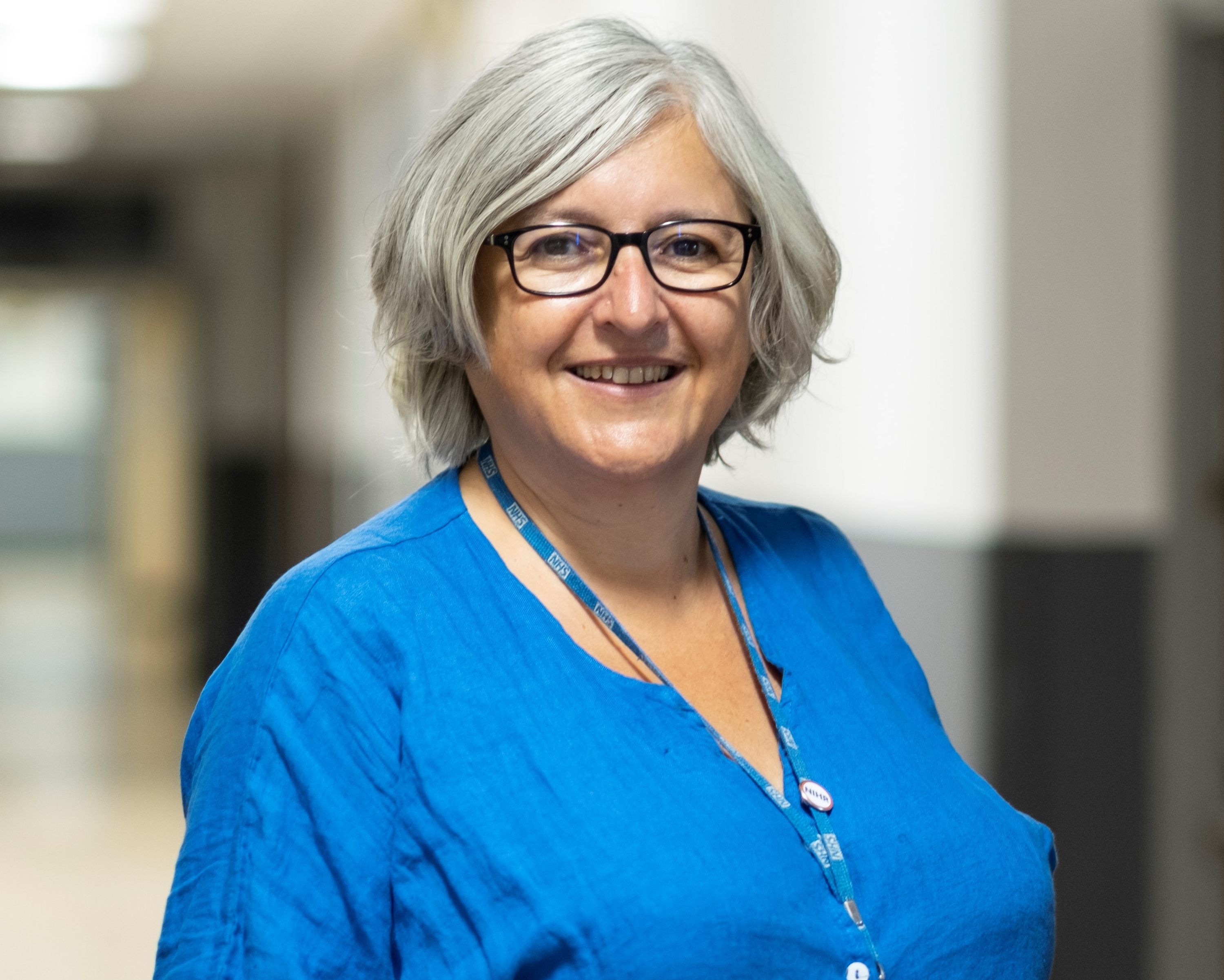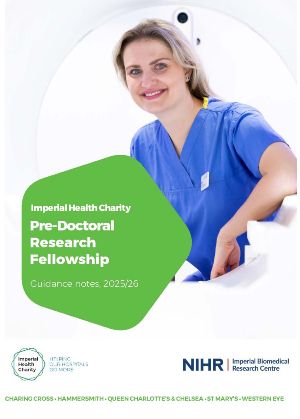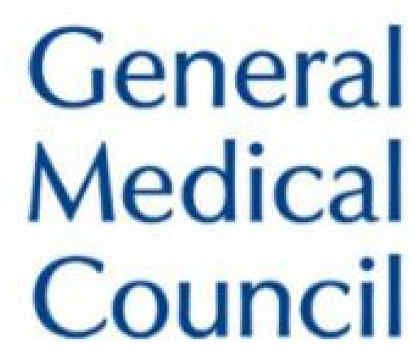RESEARCH: UNDERSTANDING VASCULITIS AND AUTOIMMUNE KIDNEY DISEASE
 How did you get into research?
How did you get into research?
During medical school, I completed an intercalated BSc in physiology and pharmacology and during the research project discovered my passion for lab-based research. After finishing medical school and foundation training I knew I wanted a career in a medical speciality and decided renal medicine would be a good fit for me as it has a strong research tradition with a number of clinical academics.
What do you enjoy about research?
I love the problem-solving aspect of benchwork. You have to be very resilient when experiments aren’t working and I enjoy working through a problem in a logical and methodical way- hopefully with a successful result at the end! As I’ve progressed through my career I’ve enjoyed supervising students and junior researchers. Supporting and mentoring others and seeing them develop their own successful research careers is one of the most rewarding parts of being a supervisor.
What was the most difficult aspect of doing your PhD?
I was very lucky to be able to focus on my PhD full-time as I had an MRC clinical research fellowship. Obtaining the funding was definitely the most difficult part!
What was the most challenging aspect of continuing your research after completing your PhD?
Following my PhD I was in an NIHR Clinical Lecturer post. Balancing academic and clinical commitments has been a challenge, particularly once I started working as a consultant. Each ‘50%’ is far more than that in reality and it was sometimes difficult to feel like I was making progress. The covid pandemic then also caused quite a lot of disruption to everyone and probably delayed me in getting together preliminary data to make fellowship applications.
What difference has your research training and experience made to your career?
I have been able to develop my career as a clinical academic, and have just been awarded an MRC Clinician Scientist Fellowship.
How has research changed your clinical practice?
As a clinical academic, I always try to keep patient priorities in mind when developing my research plans. Undertaking basic research in vasculitis has allowed me to develop my clinical skills and knowledge in this condition alongside my research
What has made a difference to progressing your research career?
I have been very lucky to have had NIHR funding both as an ACF and CL allowing me periods of research time to generate preliminary data and put together applications for fellowships. Balancing clinical and academic work can be hard and having dedicated research time has made all the difference.
Where do you see your clinical academic career going over the next 5 years?
I am just starting an MRC fellowship, so hopefully developing and leading my own research group.
Dr Maria Prendecki, Renal Medicine, Imperial College London
Download Maria's research careers case study: Dr Maria Prendecki - Case Study (PDF)
Useful links
Contact us
The CATO Team and Radiographers Incubator work on a Hybrid model, combining days in the office with days working from home – the best way to reach us is by email.
cato@imperial.ac.uk
radresearch@imperial.ac.uk
+44 (0)20 3313 7397



